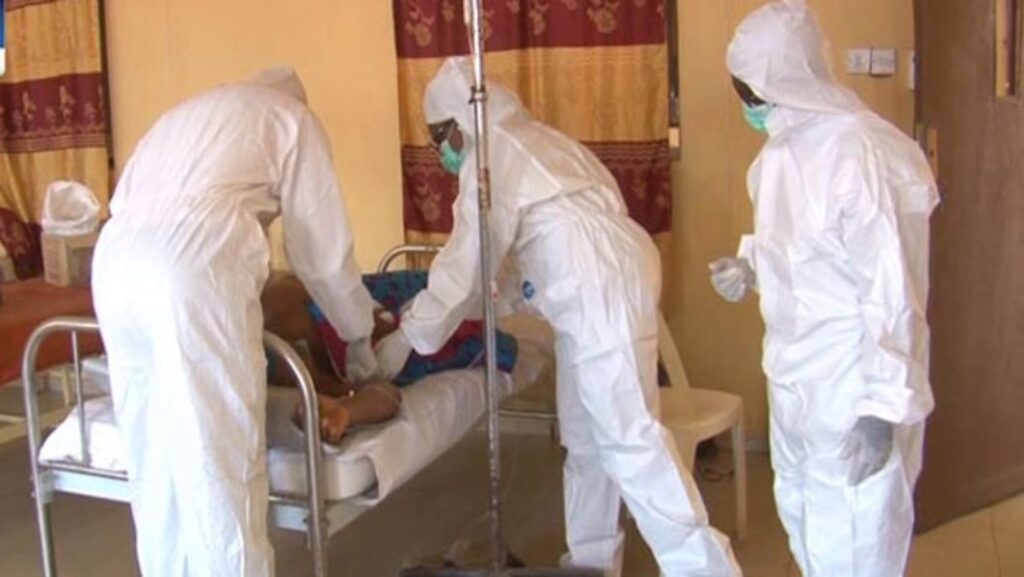To address the rising cases of Urinary Tract Infections (UTIs), a medical laboratory scientist has called on men to adopt healthy lifestyle habits as untreated infections could develop into prostate infection and kidney damage.
The expert, Eunice Akinleye, described UTIs as common but an often overlooked health issue that can cause discomfort and lead to serious complications if left untreated. UTIs occurs when bacteria enters the urinary tract, causing inflammation and infection in any part of the system, including the kidneys, ureters, bladder and urethra.
According to Akinleye, UTIs are commonly associated with women but men also suffer from these infections, albeit less frequently.”If left untreated, UTI can have more complications that could significantly impact on a man’s quality of life. It can be uncomfortable and embarrassing, leading to decreased productivity and social isolation, as well as the possibility of developing a prostate infection, also known as prostatitis,” she said.
The prostate is a gland located beneath the bladder that can become infected during a UTI. Prostatitis can cause pain and discomfort in the pelvic area, difficulty urinating, and in severe cases, can lead to complications such as chronic prostatitis or urinary retention.
The specialist also mentioned other symptoms like frequent urination, pain or burning during urination and cloudy or bloody urine. “Sadly, many people, particularly men, ignore symptoms of urinary tract infections (UTIs) until it becomes complicated,” she said.
Akinleye also mentioned Pyelonephritis as one of the severe outcome of ignoring UTIs and late medical presentation. Pyelonephritis is a severe infection caused when bacteria travels up the urinary tract to the kidneys and this condition is associated with high fever, chills, back pain and nausea, which if left untreated can result in kidney damage or even kidney failure.
To prevent UTIs and reduce the risks associated with untreated infections, Akinleye advised men to adopt healthy lifestyle habits and take steps to maintain good urinary tract health. She also noted that it is essential to seek medical advice when experiencing symptoms of UTIs such as pain or burning during urination, and frequent urination or cloudy urine.
“These lifestyle modifications include staying hydrated, practicing good hygiene, urinating after sexual activity, and avoiding irritants such as alcohol and caffeine. There is also the need to understand the risks of untreated UTIs in men and take precautions for maintaining overall health and well-being.”
“Recognising the symptoms of a UTI and seeking timely medical treatment, men, can prevent complications and ensure prompt recovery. Ignoring UTI symptoms can have serious consequences, so it is essential to prioritise urinary tract health and take steps to prevent and treat infections effectively,” she said.











